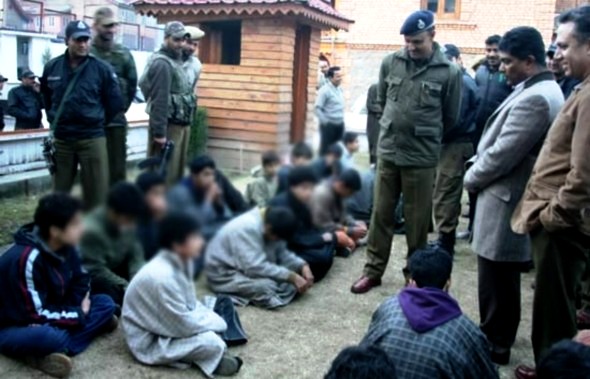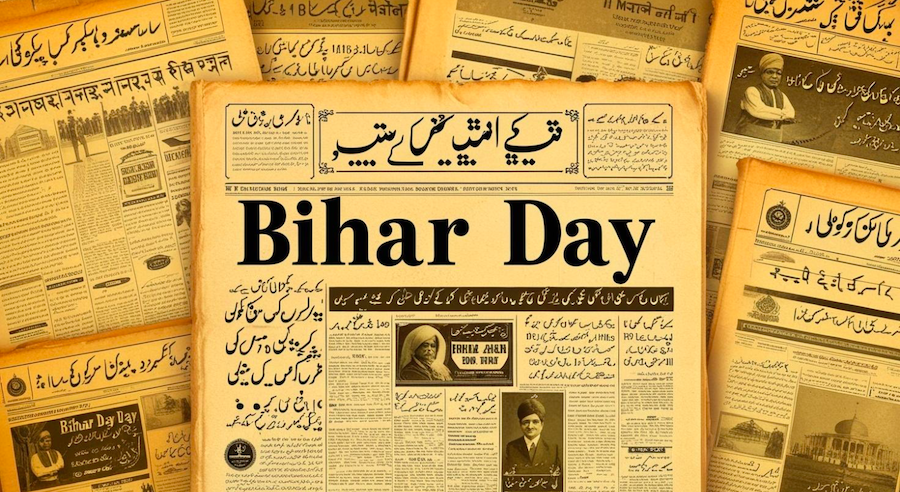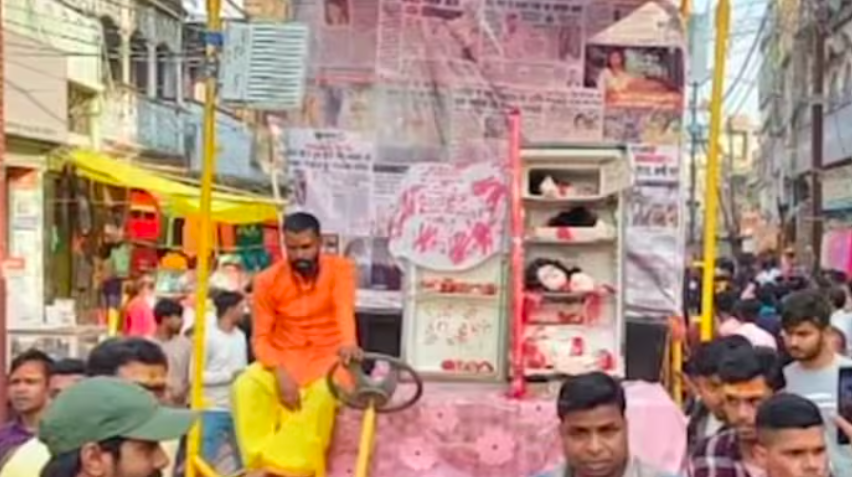Uzma Falak
‘In the little world in which children have their existence, whosoever brings them up, there is nothing so finely perceived and so finely felt, as injustice.’
Great Expectations
When this world is set in Indian-administered Kashmir, injustice is the air children breathe, as the recent case of 17-year-old Danish reveals.
Danish was first picked up by the police last November, charged with stone pelting. During eight days of detention, he was subjected to physical and mental torture. As he recounts his Kafkaesque ordeal, he tirelessly recalls dates, time and people in the present tense and with a little stammer. His narration takes 37 minutes.
Police beat him, showed him videos of stone pelting on a laptop and asked him to identity the perpetrators. They asked him to join them on night raids. Initially, Danish refused. Coercion continued until he was forced to reveal the addresses of two teenage boys. ‘They were my friends,’ he says.
Danish suffered from fever and his health worsened. He was taken to a police doctor before appearing in a local court, but was directed not to divulge details about his deteriorating health.
He was also asked by police to mislead the court on the length of his detention: ‘I was to say that I spent only four days in custody, but I spoke truth,’ he relates. The court ordered his release on bail along with four other boys.
Yet the same day he was taken to another police station, where he spent eight days in the lockup. His family had no access to him. ‘I smashed my head against the wall, screamed but no-one heard.’
He was again pressurized to identify boys. The police are well trained in filming protests so that the participants can later be identified. ‘Unlike the earlier phone videos, now a police officer is assigned to shoot videos with sophisticated equipment. There is a special police unit for this. These high-quality videos are well edited, zooming in to an individual in the crowd, with a recorded commentary in background,’ a dissenter told me.
He was also physically assaulted. ‘A police guy slammed something on my head. My nose bled profusely. They tried to take off my trousers. I resisted. They took off my shirt and sprinkled chilli powder and water under my armpits.’ He was also denied access to medicine.
Police charged him with ‘attempted murder’. Danish says: ‘They levelled baseless allegations against me – of hurling a petrol bomb at a police official. Later, they changed it to tossing the bomb at a military bunker. It is unbelievable how they manufacture lies.’
His family spoke to the media, which, Danish says, antagonized the police: ‘They flung a newspaper at my face every morning and insulted my family.’
Amnesty International raised concern over his ‘unlawful’ detention. The Juvenile Justice Act in the Kashmir Valley treats boys over the age of 16 as adults, in violation of UNCRC and international human rights law. He was released on bail, but it provided no respite.
Police maintained a tight vigil over him and he was forced to change phone numbers. For over a week, he divided his day between two police stations to which he had to report. One day, police took him to night raids in his own locality. His family didn’t know his whereabouts. ‘Police told my family that I was in Gulmarg [Hill Station] with them so that I could breathe fresh air as they had been harsh on me.’
His lawyer, who was also threatened by police, says that when he told the local court that Danish was being used as a ‘spy’, the judge said he had no power and that the state’s High Court should be approached instead.
The other boys that had been arrested turned against Danish when the police brandished him as their henchman working in lieu of money. ‘In front of the arrested boys, a police guy patted my shoulder to show my allegiance to him. It was insulting,’ Danish explains. ‘Police created division and turned my own people against me.’ They also harassed his family. Desperate and caught in a Catch-22 situation, Danish finally broke his phone and SIM card, to avoid any further contact with the police.
Danish and his family are now lying low and avoiding communication. Two of his friends, whom I meet in Srinagar city, tell me they haven’t heard from him for days. I hear him though, through the audio clip which his friends transfer to my mobile phone. ‘We recorded his story so the truth is rescued. Police often coerce boys to change their statements. This is a testimony against their manufactured lies,’ his friend tells me.
(This article was first published in newint.org)










